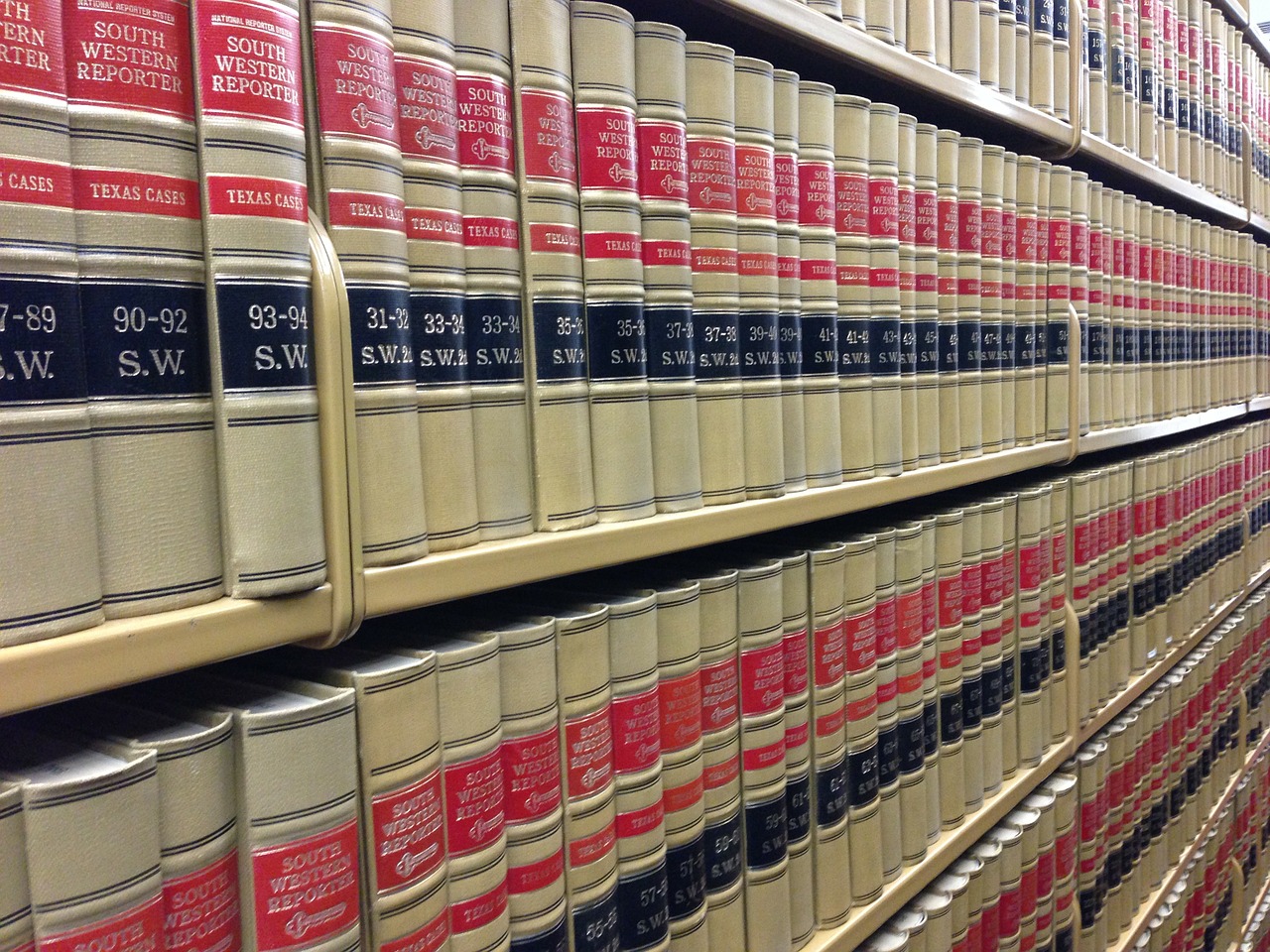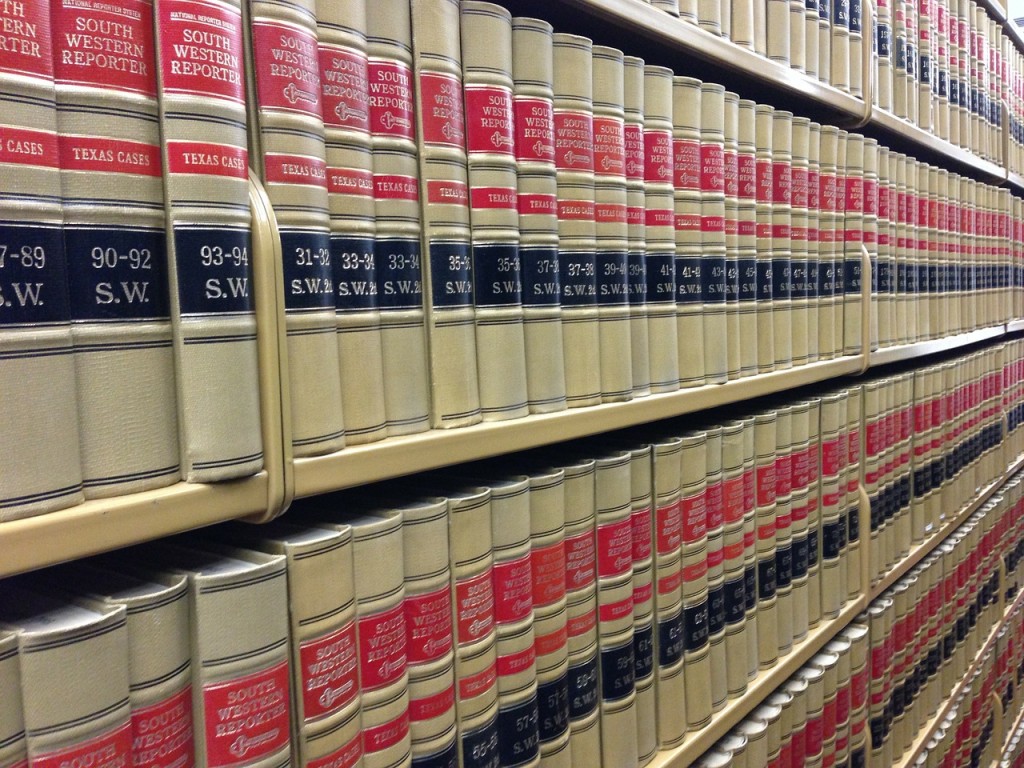This article is written by Bhavesh Guliani, a student of CLC, University of Delhi.
ROLE AND IMPORTANCE
Legal system in India has its deep roots in ancient Indian civilisations. At that time the sources of law were the holy books and were in the nature of religious statutes. However till date, law as a tool to reform our society is overlooked and needs to be reanalyzed. The role of law and lawyers has been indispensable throughout our history and modern times. All the major drastic reformations that took place around the world, be it the French revolution, American or Russian revolution or our own freedom struggle, it is conspicuous that figures from legal background were seen as prominent leaders. Thomas Jefferson, Danton, Abraham Lincoln and Lenin are some of the names out of many who inspired the world with their aberrant intellect. In our country the role of lawyers has not been any less momentous. From the person known as father of our nation to the first prime minister and president, most of the leaders of national freedom fight were lawyers. Strengthening the legal education system is the need to face new challenges that we face as a country. Today, the scope of legal education is not confined to imparting knowledge alone but to prepare and train students to be policy planners, business advisors or negotiator of any interested group which may be a foreign company or a collaborator or cater the needs of an association looking to merge or amalgamate.
Contentions and clarification
The first step in the direction of organising legal profession was taken through the Regulation Act of 1773. Since then law has evolved to a great extent. Formal legal education came into existence with the establishment of first professorship of law at the government Ephistone College with the primary aim of equipping students so that they could help in the administration of justice and thus serve the interest of administration. Post independence, various commissions and committees have been formed for the development of legal education. Though considerable steps have been taken to review and improve the legal education, the approach of universities and colleges has been more or less the same. The focus still remains on the theoretical aspect than the practical and it will not be wrong to say that the brilliance of our lawyers and academics standards is a result of sheer work and extra efforts done by them. With the establishment of national law schools, the scenario seems to change a bit. With their academic rigour and focused training laying strong emphasis on project works requiring exhaustive researches, their graduates are more competent and well suited to meet the demands of domestic and global markets. On the other hand, the methods of teaching in 3 year colleges remain more or less the same. Because of their qualitative curriculum, the graduates of national law schools are preferred by premier global and national law firms paying hefty packages over the graduates of 3 year law colleges. Accreditation of colleges is another issue which needs to be resorted as standard of teaching as well as other facilities available to students should be the same in every college or else it will lower the regard for the profession by producing graduates who are incompetent to reason the intricacies which pertain to law as a profession.
Another factor responsible for the lacking skills in law students is the quality of education and skills taught in the institutions. The teachers are held at the upmost stature in the minds of students as they are the ones who disseminate knowledge. The teachers argue that the university and law schools do not provide the necessary incentives and distinctions which a law teacher deserves. The argument seems valid if we understand the fact that that if a person wants to teach in a subject other than law, the person needs a bachelor and a masters degree in that discipline but for a law teacher there is an additional three years before LLB or two years in case of an integrated 5 year law course. If we try to quantify the educational standard of a techer solely on basis of years spent into becoming one, then law teachers have an additionl 2 or 3 years worth of experience and regardless of that distinction, they are held at the same stature as other teaching faculty. It has an implication which suggest that those extra years spent are worth nothing when it comes to teaching and this attitude adopted by the universities disincentivises the teachers. If teachers are not taken care of then they are unable to perform their duties in the way they should and the entire structure of legal education becomes flawed. It would also be pertinent to take notice of the eligibility criteria of the teachers who teach in our law schools. For a person to be eligible to become a teacher they have to take either the national eligibility test (NET) or the state eligibility test (SET) depending the choice of law school that the person wants to join but at no point the exam ensures that the to be teachers are properly trained and possess the skills essential to teach law. A direct consequence of this flaw is that even if the teacher has an immense reservoir of knowledge, he or she will not be able to provide it to the class.
Over the years the standard of legal education has deteriorated in term of ethical standards which is an alarming issue because the standard of legal education is reflected in the bar and court rooms, where laws are interpreted and rights of parties determined. Law known as the noble profession is losing its esteem. The aim of a prospective lawyer should not be to mint money only, which is sadly the case today. In a recently held lawyers meet of bar council of India, the chairman Manan Kumar Mishra said that “30% of all lawyers in India are fake, holding fraudulent law degrees”. A more serious problem is the commercialisation of legal education with large number of colleges cropping up every year. As a result the number of graduates getting employed as soon as they graduate is insignificant to the number of graduates.
Explication and conclusion
Bar council being the regulating body of legal education in India has set certain compulsory standards in term of infrastructural facilities, admission criteria and the method of teaching for the colleges and universities imparting legal education. As a result, the 3 year colleges too are adopting a more practical approach of teaching by inducing case law study method in their classrooms and establishing moot court societies to give their students a taste of applied law. Although the work of bar council has been commendable till now to regulate law as a study, the approach should be to take steps to amend rules so that legal education imparted is combined with the changing needs and growing challenges of our country, while at the same time not compromising with ethicality. Law teachers need training today so that not only the teachers are able to create an interactive environment, but the students can further compliment it as it is only through engagement that there can be a synthesis of all perspectives. A proper accreditation system ensures uniformity of legal education all over the country irrespective from which university or college it is received. Legal internships should be incorporated as an essential part of academia because not only they help students in gaining practical knowledge and experience but also in making informed choice regarding their sphere in their prospective legal career.
Instances of legal practitioners in India can be recorded from the time of Manu Smriti and since then law has played a pivotal role in the socio-economic development of our country. Lawyers being directly in contact with society, deal with its problems as part of their profession and initiate the process of social change. In a note on the reforms of legal education, BCI intends to establish a national level advanced training institute for training teachers so that newer and refined methods of implementation of legal education can be formulated and a minimum standard can be set for all the teachers to follow. Legal education which is part of general education and forms the economical, social and political set up of a country cannot be left in isolation as it is imperative not only to produce good lawyers but to create a responsible society as well a country.
 Serato DJ Crack 2025Serato DJ PRO Crack
Serato DJ Crack 2025Serato DJ PRO Crack










 Allow notifications
Allow notifications


